Finding a reliable best paper cup machine supplier is crucial for businesses looking to invest in high-quality equipment for manufacturing paper cups. With the growing demand for eco-friendly packaging solutions, the need for efficient and dependable machinery has never been more pronounced. This article will guide you through the essential steps to identify and select the right supplier, ensuring that your investment leads to successful production and long-term profitability.
Understand Your Requirements
Before starting your search for a best paper cup machine supplier, it is vital to clearly define your needs. Consider the type of best paper cup machine you want to produce—be it single-wall, double-wall, or specialized designs. Determine your production capacity, whether you need a machine for small-scale operations or large-scale manufacturing. Understanding your requirements helps narrow down potential suppliers that can meet your specific needs.
Research Potential Suppliers
Once you have established your requirements, conduct thorough research to identify potential suppliers. Utilize online resources, industry directories, and trade shows to gather information about different manufacturers. Look for suppliers with a solid reputation in the market, positive customer reviews, and a track record of reliability. Make a list of potential candidates for further evaluation.
Evaluate Supplier Experience and Expertise
Experience plays a significant role in the quality and reliability of machinery. Assess the years of operation of each supplier and their expertise in the paper cup manufacturing sector. Suppliers with extensive experience are more likely to provide high-quality products and support services. Additionally, check if they specialize in best paper cup machine, as this specialization often translates to better engineering and design.
Check Product Quality and Specifications
Quality is paramount when investing in machinery. Request detailed specifications, technical data sheets, and product samples from potential suppliers. Assess the build quality, durability, and efficiency of the machines. Additionally, inquire about the materials used in manufacturing the machines, as this greatly affects their longevity and performance. Consider any certifications or standards the machines adhere to, which can indicate compliance with industry regulations.
Assess After-Sales Support and Service
Reliable after-sales support is crucial for maintaining operational efficiency. Evaluate the level of customer service provided by each supplier. Inquire about the availability of technical support, maintenance services, and the warranty period for the machines. A good supplier should offer comprehensive training for your staff and prompt assistance in case of any issues that may arise during operation.
Request References and Case Studies
To gain insight into a supplier's reliability, request references from their existing clients. Speaking directly to current customers can provide valuable feedback regarding the supplier’s performance, product quality, and customer service. Additionally, ask for case studies that showcase how the supplier has helped other businesses in similar situations. This will help you assess their capability in meeting your needs effectively.
Compare Prices and Payment Terms
While price should not be the sole factor in your decision-making process, it is essential to compare quotes from different suppliers. Request detailed quotations that outline all costs involved, including shipping, installation, and any additional fees. Pay attention to payment terms and financing options, as favorable terms can significantly impact your cash flow. Ensure that you are getting value for your investment without compromising on quality.
Visit the Supplier's Facility
Whenever possible, arrange to visit the supplier's facility. A personal visit allows you to see the manufacturing process firsthand and assess the quality control measures in place. Observing the production environment helps you gauge the professionalism and reliability of the supplier. Additionally, it provides an opportunity to meet the team and discuss your requirements in detail.
Negotiate Terms and Conditions
Once you have selected a potential supplier, negotiate the terms and conditions of the purchase. Discuss delivery timelines, installation processes, and training schedules. Ensure that all agreed-upon details are documented in a formal contract to avoid misunderstandings in the future. A clear agreement protects both parties and sets the foundation for a successful partnership.
Stay Updated on Industry Trends
The best paper cup machine industry is continuously evolving with new technologies and trends. Stay informed about advancements in machine technology and changes in consumer preferences. Following industry news and participating in relevant conferences can provide insights that help you make informed decisions regarding your machinery and supplier relationships.
Conclusion
Choosing a reliable best paper cup machine supplier requires careful consideration and thorough research. By understanding your needs, evaluating suppliers based on experience and product quality, and ensuring robust after-sales support, you can make a well-informed decision. Remember to engage with existing customers and stay updated on industry trends to enhance your selection process. Ultimately, a strong supplier relationship will contribute significantly to your business success in the competitive landscape of paper cup manufacturing.




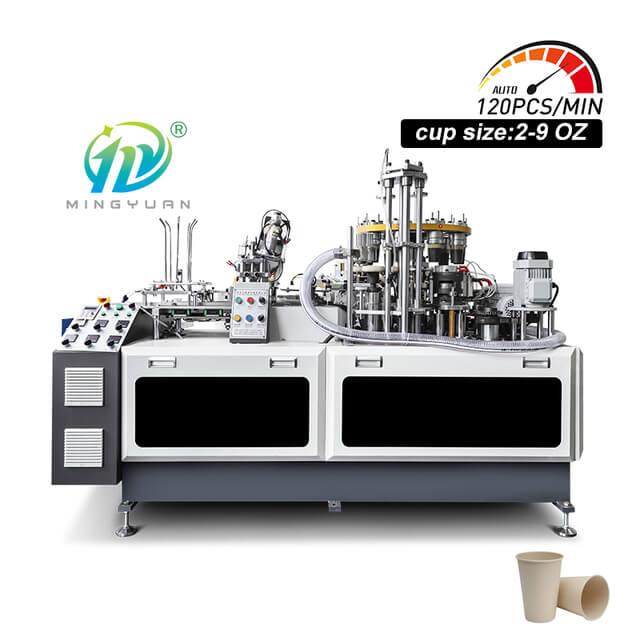
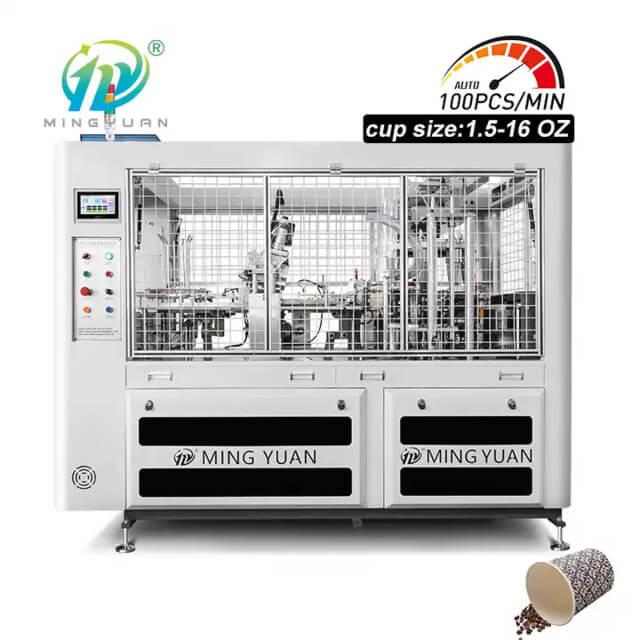
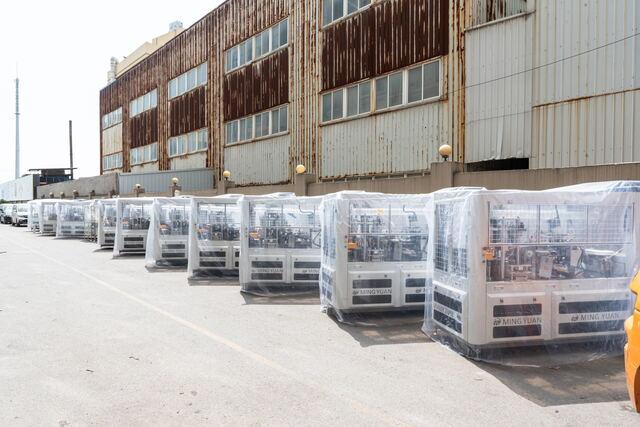
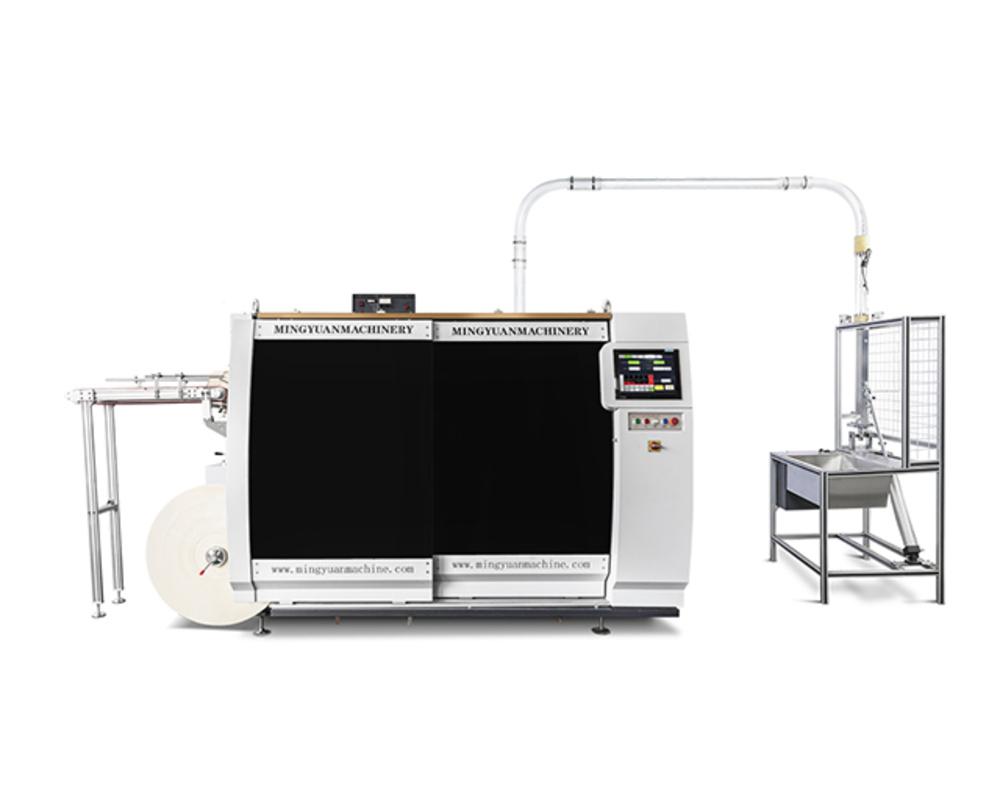
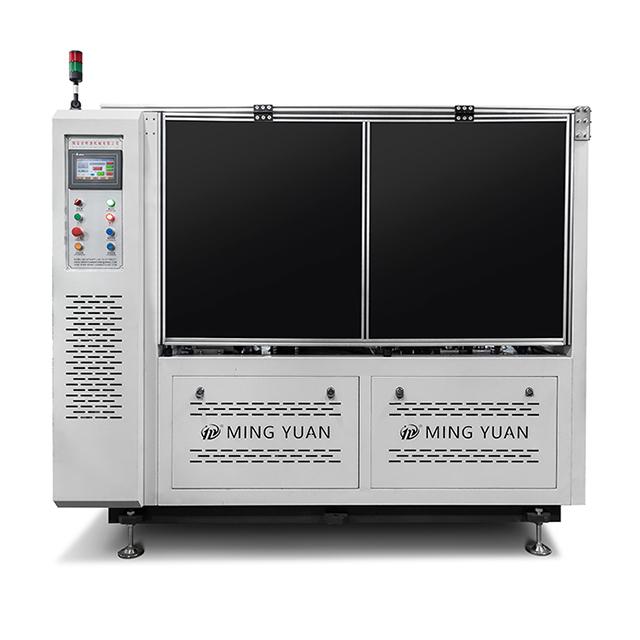
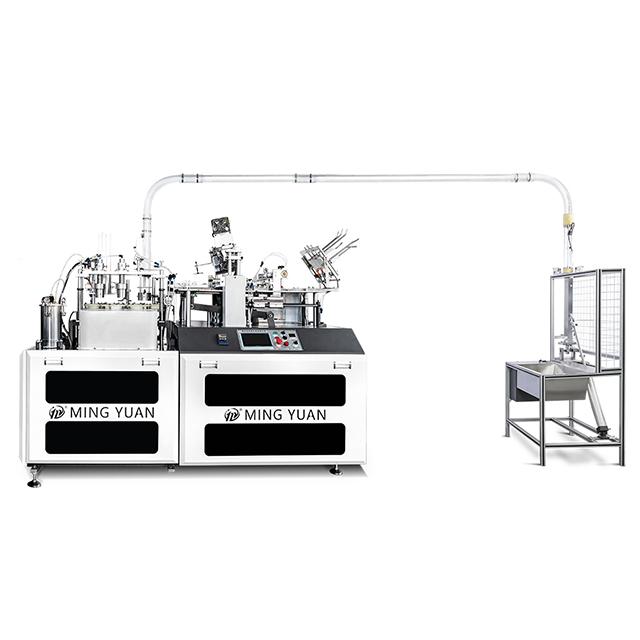
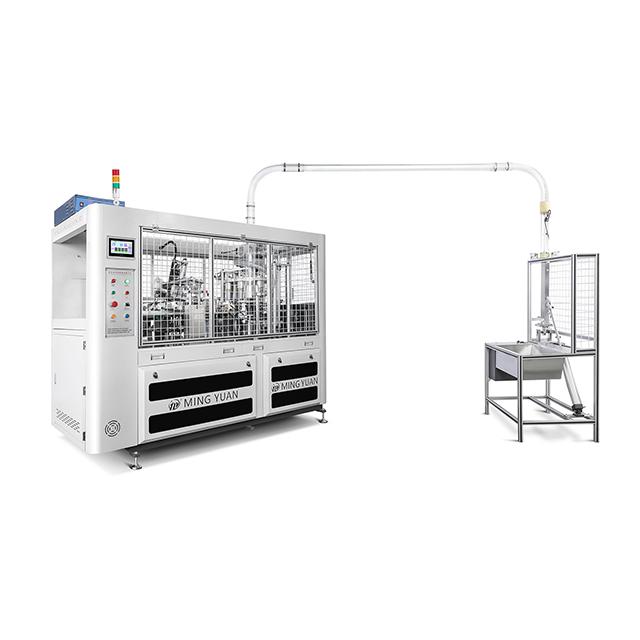
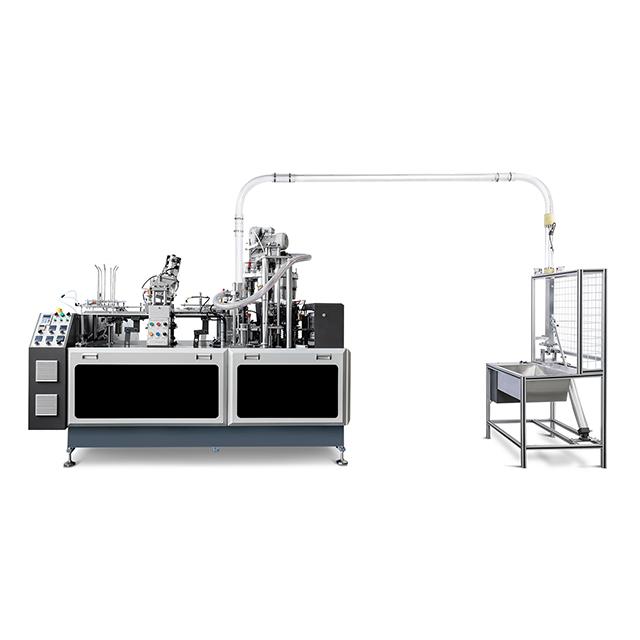
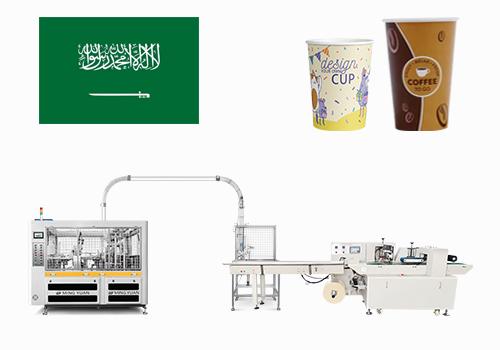
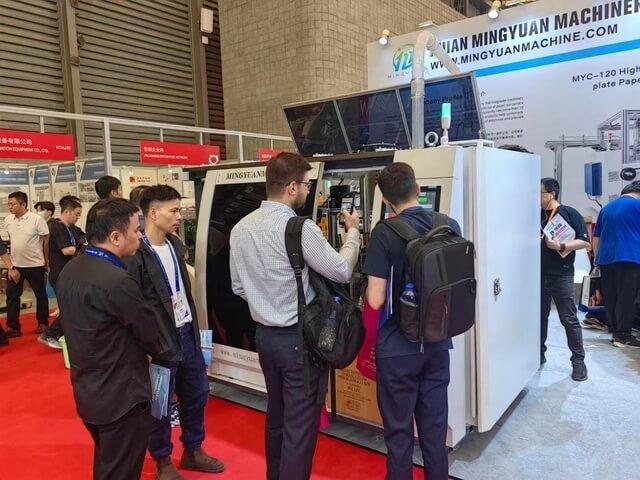
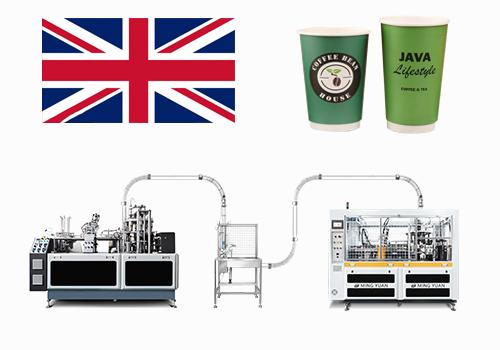

 Tel: +86-19057361870 / +86 577 65567060
Tel: +86-19057361870 / +86 577 65567060  Email: paperproductwholesaler@gmail.com
Email: paperproductwholesaler@gmail.com MP/WhatsApp: +86-19057361870
MP/WhatsApp: +86-19057361870 Manufacturer Address:No.1588, Huaming Road, Feiyun Street,Ruian City Zhejiang Province -325200 China
Manufacturer Address:No.1588, Huaming Road, Feiyun Street,Ruian City Zhejiang Province -325200 China




